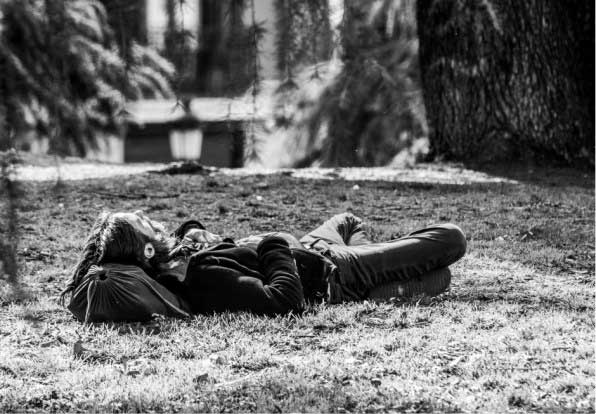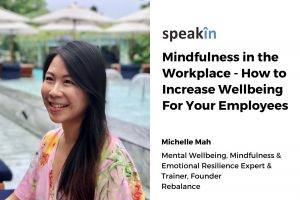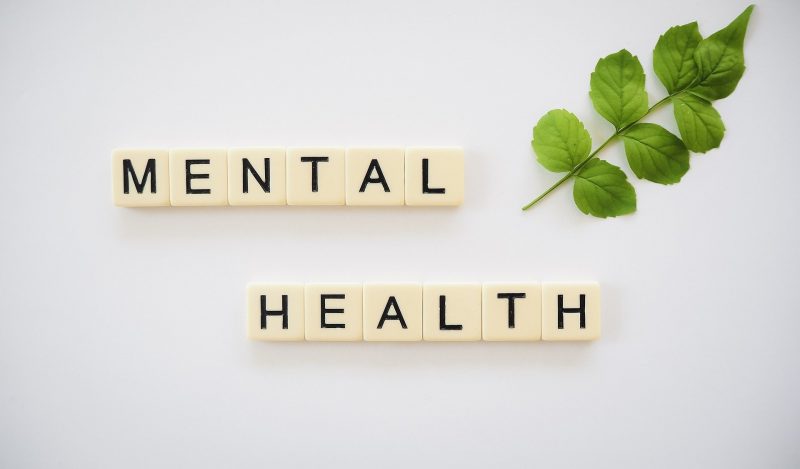Mindfulness

Mindfulness; a word that stares at us irrespective of the medium/platform we are using these days. Books, movies, articles, programs that can be named and there it will be – something on Mindfulness! New to the Western world, it is a concept that has been known and practiced in the East for hundreds of years!
A yogi or a monk very well knew, practiced and lived a ‘Mindful way of Life!’

A look at what Mindfulness is:
Mindfulness is a psychological & physiological process that focuses on being in the present state.
Originally, the concept was linked to self-development and the emancipation from sufferings. That’s the historical definition of the word. Sometime in the late 1970s, a professor from the Massachusetts Institute of Technology, Jon Kabat-Zinn gave birth to the Mindfulness-Based Stress Reduction Program- the founding stone of modern mindfulness. For a layman, Mindfulness is nothing but to totally be in the present moment!
Now, why is this so important?
It is only because people spend a lot of time ‘revising’ the past issues and ‘worrying’ about future possible challenges! What it does is steal the ‘Possibility’ in the present! A common quote says: ‘Past is History, Future is a mystery, and current moment is a gift, hence called Present’. Wow, isn’t it? Now if one doesn’t understand how to practise this, it just remains as a good quote! That’s all.
When people spend a lot of time in the past or the future, they miss out on the highest possibility in the present and hence the advice ‘Let go of the past’. This is however easier said than done, especially if one doesn’t know the ‘HOW to Let Go’ part of it. Another piece of advice casually passed around is ‘Forget the past’. Now, you can only forget your past, if you experience a memory loss! Let’s say even if that happens and we forget the past, it will only lead to repetition of past mistakes!
The best way to live the ‘Present moment’ or practise ‘True Mindfulness’ is to work with the past and the future in such a way, that ‘Living in the Present moment becomes totally possible!
How can we do this?

Past
‘All incompletions of Life will follow you, till the time you complete it’ – is one of my quote which signifies ‘We can only let go things that are complete!’ A positive day or an event is so complete that our mind can easily let go of it, but negatives are incomplete and hence will keep coming back to our mind. What has happened in the past cannot be changed. However, what we can do is ‘Learn’ and learn in a manner that when a similar event happens, we are ready for it in the present moment. Even if the past event was incomplete, extracting a strong learning from it, knowing it can improve the future can ‘complete’ it! Profound isn’t it?
Future
‘What you think about the future has a direct impact on the present moment’– another quote of mine that comes from an insight that our present state is also influenced by ‘How we look at the future’. Imagine if you knew there is nothing much to look forward to in the future, how would you feel today? Exactly! On the other hand, if you believe the future is great, you remain motivated in the present! Hence, organizations have Goals, it’s all about the future. If you worry about it, you cannot give your best in the present moment. However, if you feel great about achieving it and its benefits, motivation in the present moment is never an issue.
A few secrets to practise Mindfulness –
- Learn from the past –
Introspect and check, if similar events happen in the future what can you do differently to get better results?
Check with your mentors on the learning if required.
- Envision a great future –
Make a list of all positive things about the ‘possible future’
Identify Goals which are very inspiring
Jot down the highest benefits of achieving the goals
- Now, with these two areas at its best you will be able to give the best in the Present, be in the Present and enjoy the Present Moment.
These steps and much more in detail is also taught in my Signature seminars, relationship, performance and life coaching.
Also, one can practice mindfulness in small day to day activities like having food, a cup of tea, taking a bath, playing with your kid, having conversations with your spouse or parents – this is also called being in ‘total integrity’ with that task. Hence, an age old advise ‘Don’t talk while having food’ its nothing but an advise to involve all your senses into the task – mindfulness!
When we are mindful, our experience epitomises and our results are profound. One my quote says ‘You need not sit on the mountains to meditate, you can do it while having a cup of tea. If you are only focusing on tea and enjoying it, you are in a state of bliss!’
So, let us stop being ‘Mind-full’ and be ‘Mindful’ instead!






